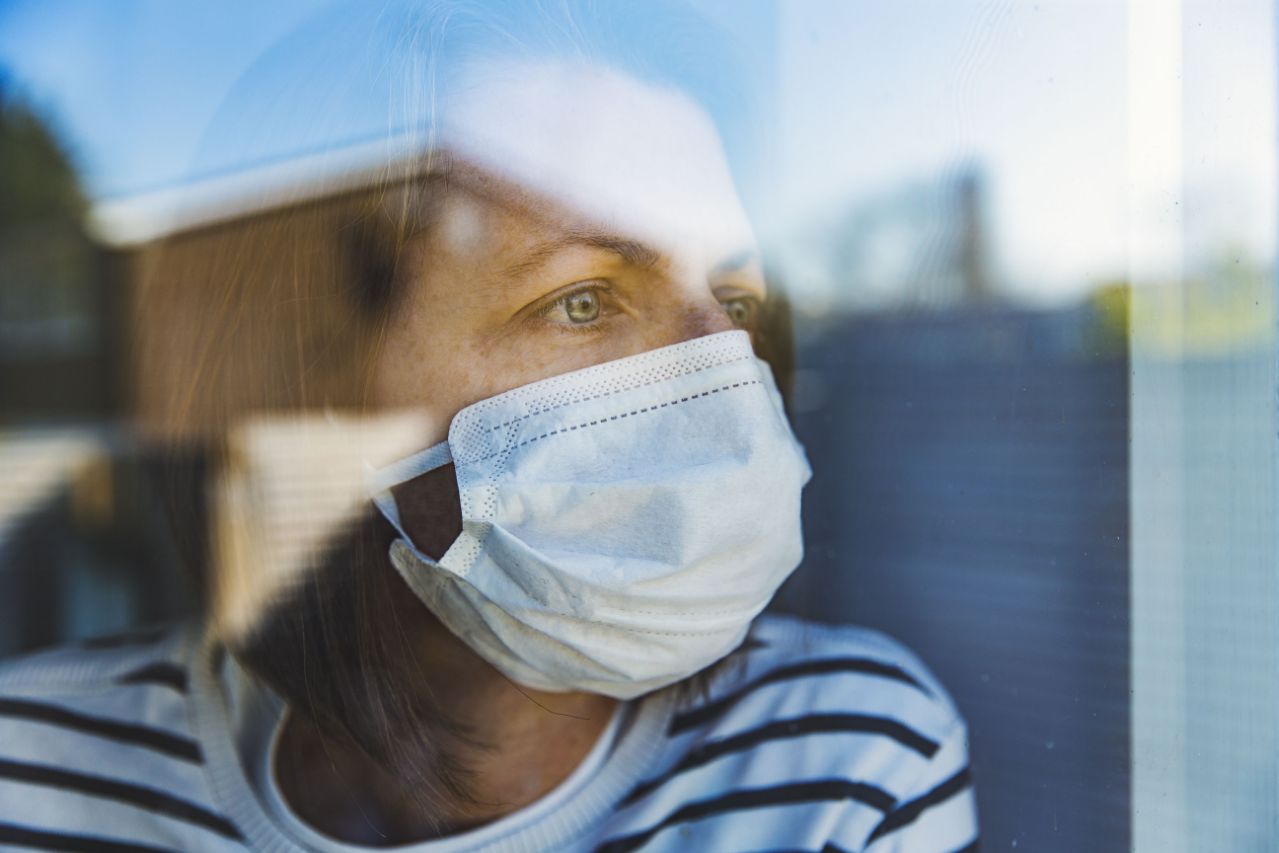Isolated and afraid? Addicts in recovery have it especially hard — but online programs help them through coronavirus lockdown

In a world where doors are being shut, distancing yourself from loved ones is expected and isolation is being enforced, many people are struggling with the loss of human connection — but maybe none more than those in substance abuse recovery where keeping support from others is important for maintaining sobriety.
With the coronavirus spreading throughout the country quickly, stay-at-home orders are in force in 42 states.
“Alcoholism and drug addiction — it’s already a condition of isolation. You feel really alone in what you're experiencing. And behind that is a lot of anxiety and depression a lot of the time. So now with social isolation being forced upon people, we're perpetuating and throwing fuel on the fire of many of the experiences and feelings that people have. They’re even more alone than ever,” says Bahan McDermott, the Director of Admissions at Lionrock Recovery in California, which specializes in online rehab programs, offering face-to-face video conferencing with counselors and therapists. It has experienced a surge in patients since the start of the pandemic.
“In this time of social isolation and COVID-19 we aren't as connected to our positive coping strategies, many of us lean on alcohol and drugs. And for some that could be really risky because it's not always easy to know where that tipping point is, where it goes from managing our emotions to having a problem managing the alcohol,” said Dr. Jen Hartstein, Yahoo News media contributor.
Encouraged by social-distancing guidelines, online counseling is being integrated into many counseling services that have never ventured down this path before. The changes COVID-19 has wrought on society has altered the lives of millions of Americans who have been staying sober through AA or similar programs that rely on regular meetings and in-person peer support. But McDermott cautions that substituting an online program for a face-to-face one isn’t as simple as setting up a Zoom conference. “There are a lot of programs out there that are now pivoting and trying to do things through video conferencing,” she says. “And it is far more complicated when it comes to client safety, client privacy, the efficacy of the actual treatment that goes on, the efficacy of the actual counseling.”
 Pathways Drug Rehabilitation Luxury Addiction Treatment & Detox Center
Pathways Drug Rehabilitation Luxury Addiction Treatment & Detox Center


